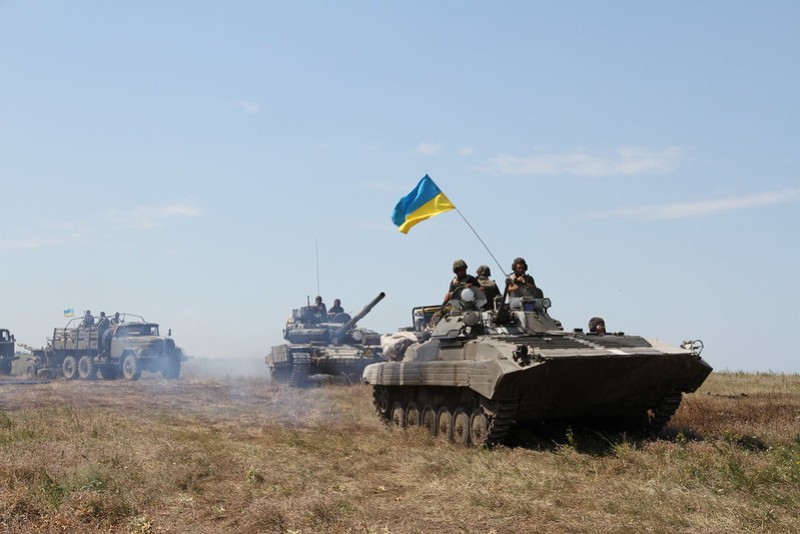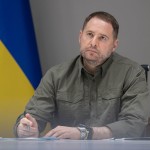Ukrainian crime figures have now adopted a more patriotic stance on their trade; although that is not to say they still aren’t driven by power and profit.
Before the war, GI-TOC said, the two countries “controlled a lucrative transnational smuggling highway” that brought luxury goods and drugs into Western Europe. Corrupt officials and crime bosses siphoned off millions of dollars that came from Ukraine’s status as a transit country for Russian gas into the West.
Now, however, the year-long invasion has made collaboration between Russian and Ukrainian organized crime groups all but impossible and longstanding business ties are now no longer viable, GI-TOC said, at least for the present.
At the outbreak of the war, Ukrainian intelligence reportedly solicited the services of local crime groups to detect Russian criminals and saboteurs sent to destabilize Ukraine from within.
In the span of a few months, “most Russian criminal actors had been apprehended or ejected from the country,” GI-TOC reported.
The story behind this partnership draws parallels to Operation Underworld during the Second World War, in which U.S. naval intelligence contracted local Italian and Jewish organized crime groups to protect the country’s northeastern seaports from German spies and saboteurs.
Historical crime figures such as Meyer Lansky and Charles “Lucky” Luciano were similarly called upon to reign in black-marketeers who might’ve otherwise pilfered vital war supplies and equipment destined for the European theatre.
In exchange for his cooperation, Luciano’s prison sentence was commuted, though he was deported to Italy after the war and remained there until his death in 1962.
While some in Ukraine’s criminal underworld might similarly see the call to defend their homeland as a chance to wipe the slate clean, others could see it as an opportunity to claim a seat at the table previously controlled by their Russian counterparts.
Before the war, GI-TOC said, Ukraine acted as a transit hub for a wide array of drugs, including heroin from Afghanistan and cocaine from Latin America. The synthetic drug market was also taking Ukraine and Russia by storm with its supplies of methamphetamine and methadone.
Russian military blockades following the invasion, however, resulted in supply shortages. Likewise, the flight of many of the market’s wealthy consumer base led to price drops as low as 25 percent, GI-TOC said.
Synthetic drugs, on the other hand, soon rebounded and recorded criminal offenses related to drug distribution rose by roughly 16 percent from 2021 to 2022.
Going forward, one troubling concern for Ukraine is how the state’s ability to confront organized crime has been hampered by its efforts to repel the Russian invaders.
As a result of conscription protocols for all men aged 18 to 60, law enforcement has seen its numbers refocused towards combating its enemies on the eastern front as opposed to combating the ones in the shadows. This includes able-bodied officers deployed for front line service as well as detectives assigned to intelligence units.
This redirection, GI-TOC said, will lessen the resistance Ukrainian organized crime groups face and could enable them to expand should they be left unchecked.



